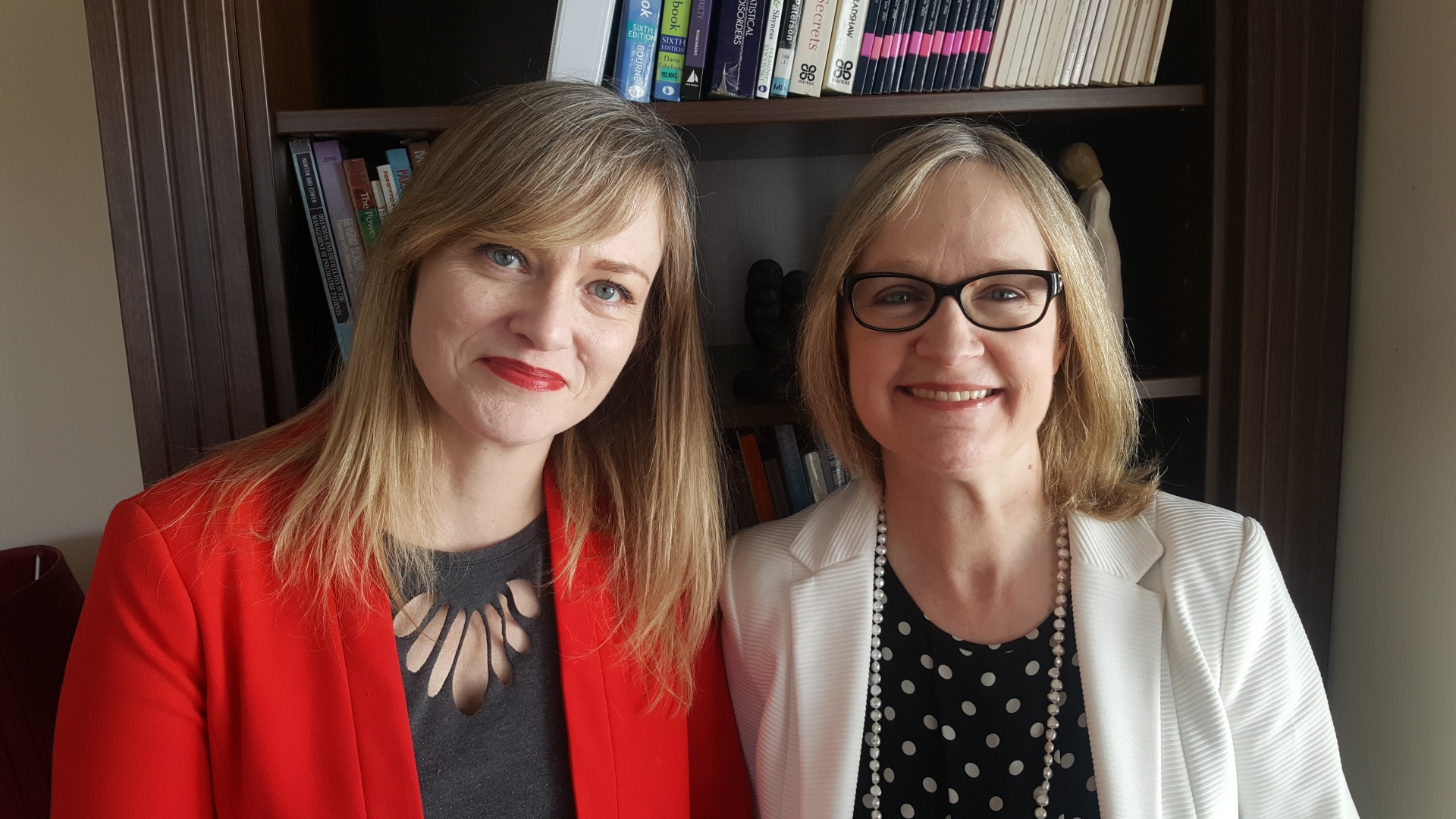
Clocks go back on Saturday night/Sunday morning October 25/26
HAVE you noticed how the evenings have been growing steadily darker over the last couple of weeks?
The difference is already quite marked, and this is before the clocks change at the end of this month (remember, they go back one hour at 2am on Sunday, October 26, so if you've still got some watches or clocks that don't change automatically, do it on Saturday night!).
At this time of year it is normal to feel just a bit more tired than usual, to experience a dip in energy levels, a desire to shut the hall door and hibernate at home especially on the more gloomy, long evenings.
However, what if these feelings actually are more than just a touch of the winter blues and actually seriously interfere with your mood and functioning in everyday life?
Then you may be experiencing Seasonal Affective Disorder (SAD). This is a form of clinical depression that has a seasonal pattern.
Most common is the winter pattern, but there is a smaller number of people who experience SAD in the summer months.
Symptoms overlap with those of major depressive disorder and include feelings of worthlessness, sadness, guilt, poor attention and decision-making, a loss of interest in formerly enjoyed activities, changes in sleep and appetite and in some cases thoughts of suicide.
Sufferers report needing to sleep more but still feeling tired and being hungrier, especially for carbohydrates.
This kind of depression typically starts in September or October and continues until springtime, when the symptoms remit.
In psychiatry, you have to have experienced this pattern for at least two consecutive years in order to meet criteria for the diagnosis.
READ NEXT: Global recognition for Offaly secondary school
Indeed, if you are prone to depression you may find that your mood worsens in winter. SAD is not just a milder form of depression.
Research suggests that four times as many women as men suffer from SAD and you are more likely to experience SAD if you are a younger rather than older adult.
In Ireland figures suggest that one in 15 adults suffer from SAD. People who live further from the equator in either direction are more at risk.
So, what causes SAD? The consensus seems to be that there are a few factors involved.
Reduced sunlight means that we produce more melatonin, a hormone produced by the pineal gland that responds to darkness by making us feel sleepy.
Because we are not outside as much in winter months, reduced exposure to sunlight means that we produce less vitamin D which can impact serotonin levels.
Serotonin is a neurotransmitter which impacts on our mood. It is thought that low levels of serotonin are linked to depression.
Reduced sunlight is also thought to affect our circadian rhythm, that is, our body clocks. It is thought that people with SAD find it harder to adjust their body clocks to the shorter days.
So how can SAD be best treated? There are a number of approaches. Medication may have a role to play, most often SSRIs, the antidepressants that specifically target serotonin levels.
Some people report good results with phototherapy (light therapy) which basically simulates the benefits of sunlight exposure.
Psychologically, the treatment approaches that we regularly discuss in this column are effective.
Cognitive behavioural therapy, mindfulness and meditation are really important for handling distorted and unhelpful thoughts and for helping us to accept but not resign ourselves to fluctuating moods.
Healthy lifestyle choices like diet and exercise are hugely important.
Getting outside, even if it’s a dull day and the sun is proving elusive, is good, especially in the first half of the day.
A winter sun holiday would be nice if we had the funds. Social interaction is again very important.
We have discussed the adverse effects, physically and psychologically, of social isolation in this column previously. A former professor of ours, an expert in the field of cognitive psychology, had a phrase which resonates with both of us: “It is easier to act yourself into a feeling than feel your way into an action”.
We regularly remind clients of this when they are struggling with motivation. So, making the effort to connect with friends and family even on those dark evenings when we really would rather hibernate, is probably a very self compassionate idea.

Julie O'Flaherty and Imelda Ferguson (pictured above) are chartered clinical psychologists, both based in private practice in Tullamore. Through Mind Your Self Midlands, they run courses on positive psychology and mindfulness throughout the year. They can be contacted through the Psychological Society of Ireland www.psychologicalsociety.ie (Find a Psychologist section) and also on their Facebook page, Mind Your Self Midlands.
Subscribe or register today to discover more from DonegalLive.ie
Buy the e-paper of the Donegal Democrat, Donegal People's Press, Donegal Post and Inish Times here for instant access to Donegal's premier news titles.
Keep up with the latest news from Donegal with our daily newsletter featuring the most important stories of the day delivered to your inbox every evening at 5pm.